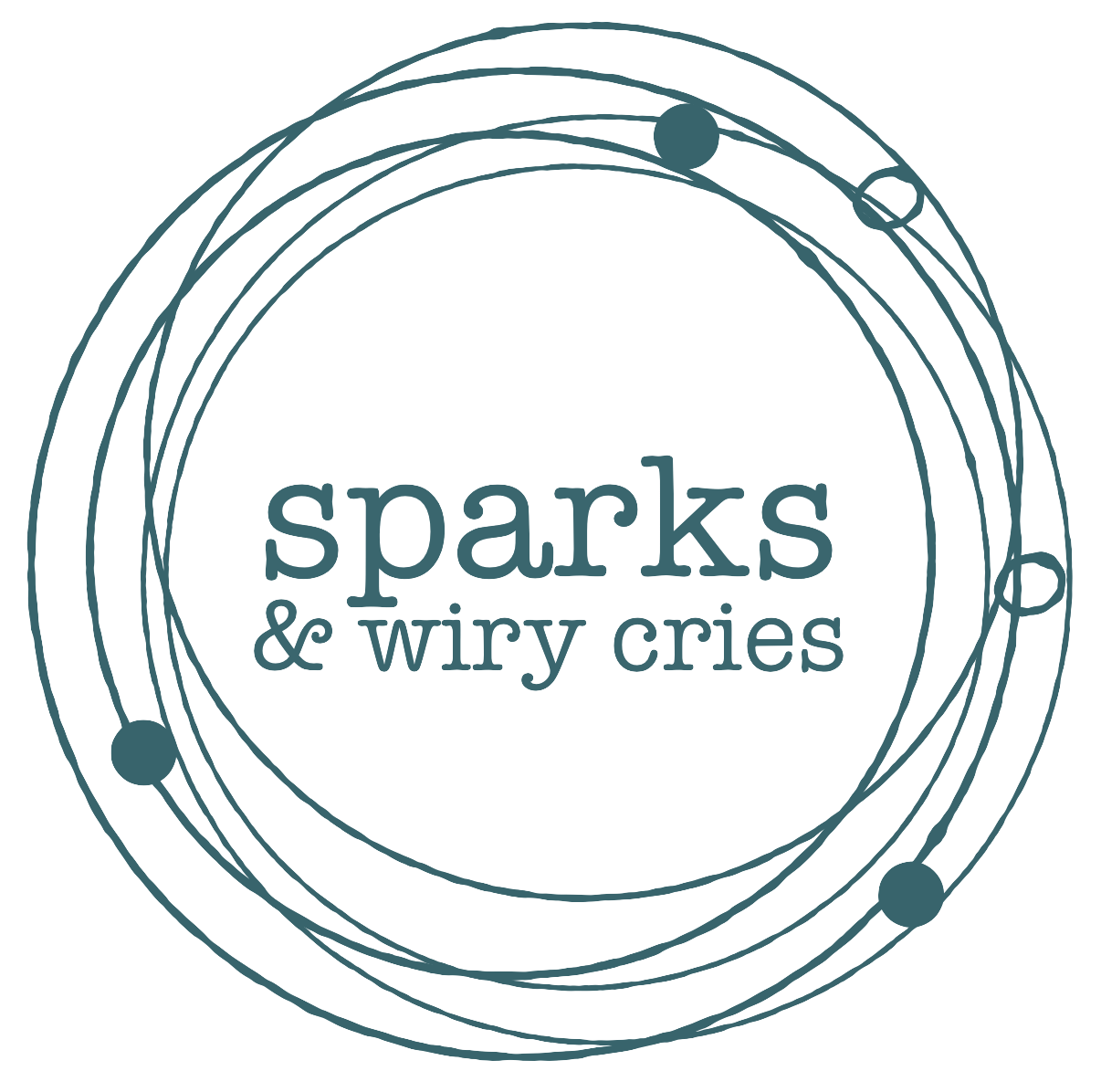DALTON BALDWIN: Legacy
Sparks and Wiry Cries co-founder and pianist Erika Switzer reflects on the legacy left by the legendary American collaborative pianist, Dalton Baldwin.
Dalton Baldwin was among the giants of the 20th century vocal accompanists. His legacy includes timeless recordings and influence over generations of singers and pianists around the world.
I was one such student, briefly, in the summer of 1999 at the Académie musicale de Villecroze, where he taught alongside legendary soprano Elly Ameling. We spent our 10 days together making music, sharing meals (Dalton provided his signature Tiramisu for dessert!), and listening to his many stories. The setting in southern France was essentially magical and I will forever remember the luxury of our time together.
Even years after this course took place, when our paths crossed in France or New York, Dalton would call me his “musical daughter” - the gesture, overflowingly generous, was always accepted with delight. He truly had the gift of inclusion. He was ever-inviting even as he demanded excellence.
His brand of excellence, as I witnessed it, was marked by provocative questions. He asked me, early in our time together, and in reaction to my half-baked Fauré song, if I might be more of a “Schumann pianist.” I was instantly curious, confused, and hopeful. What did it mean to be a certain kind of pianist? What is a Fauré pianist? What would I have to change in order to become a better one? Would my Schumann be more convincing? And so began a long journey of investigative pianism.
Dalton very simply and succinctly opened a door into a new world of sound consciousness. He made clear that preparing a song meant understanding more than the poetry and the notes on the page. He asked for a communion with the composer’s unique timbre, texture, and timing.
I accepted Dalton’s challenge, and still do, with each new composer’s soundscape. His supposition has remained a fundamental approach in my learning. Who wrote this? What makes it theirs? What do I “get” and what do I need to figure out? What is their truth?
Of course, more often than not, it’s impossible to know for sure, but then, is it not all the more important to ask?
Thank you, Dalton, for your warmth and your gentle provocation.
-Erika Switzer
December 19, 2019







